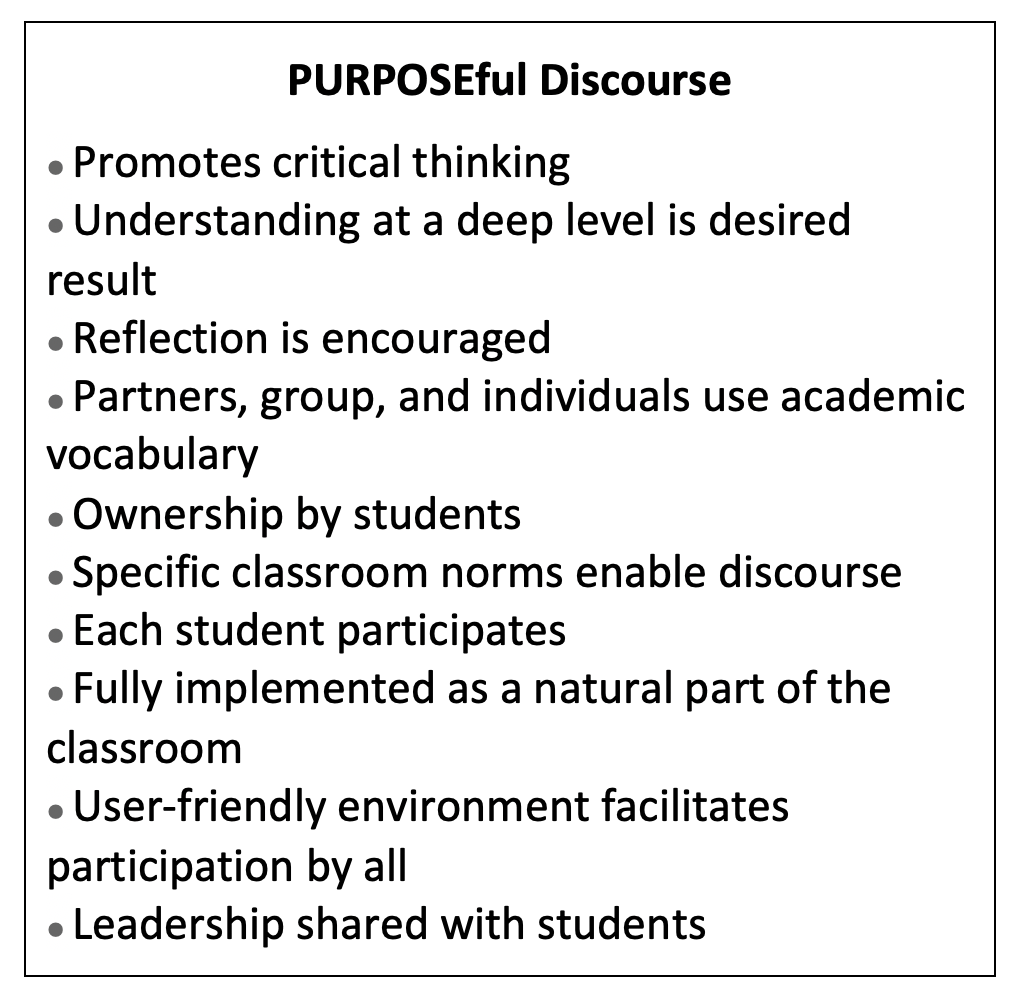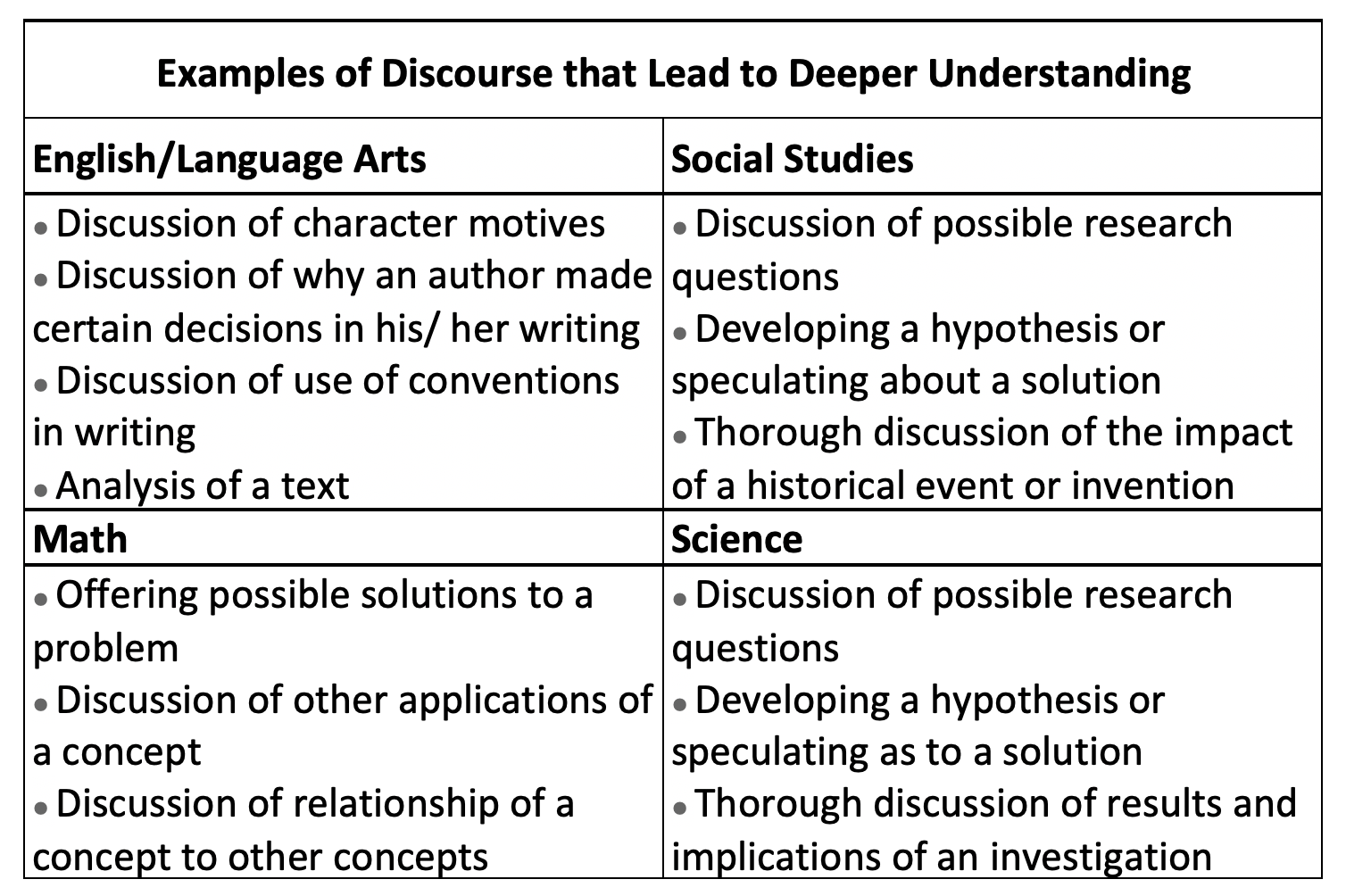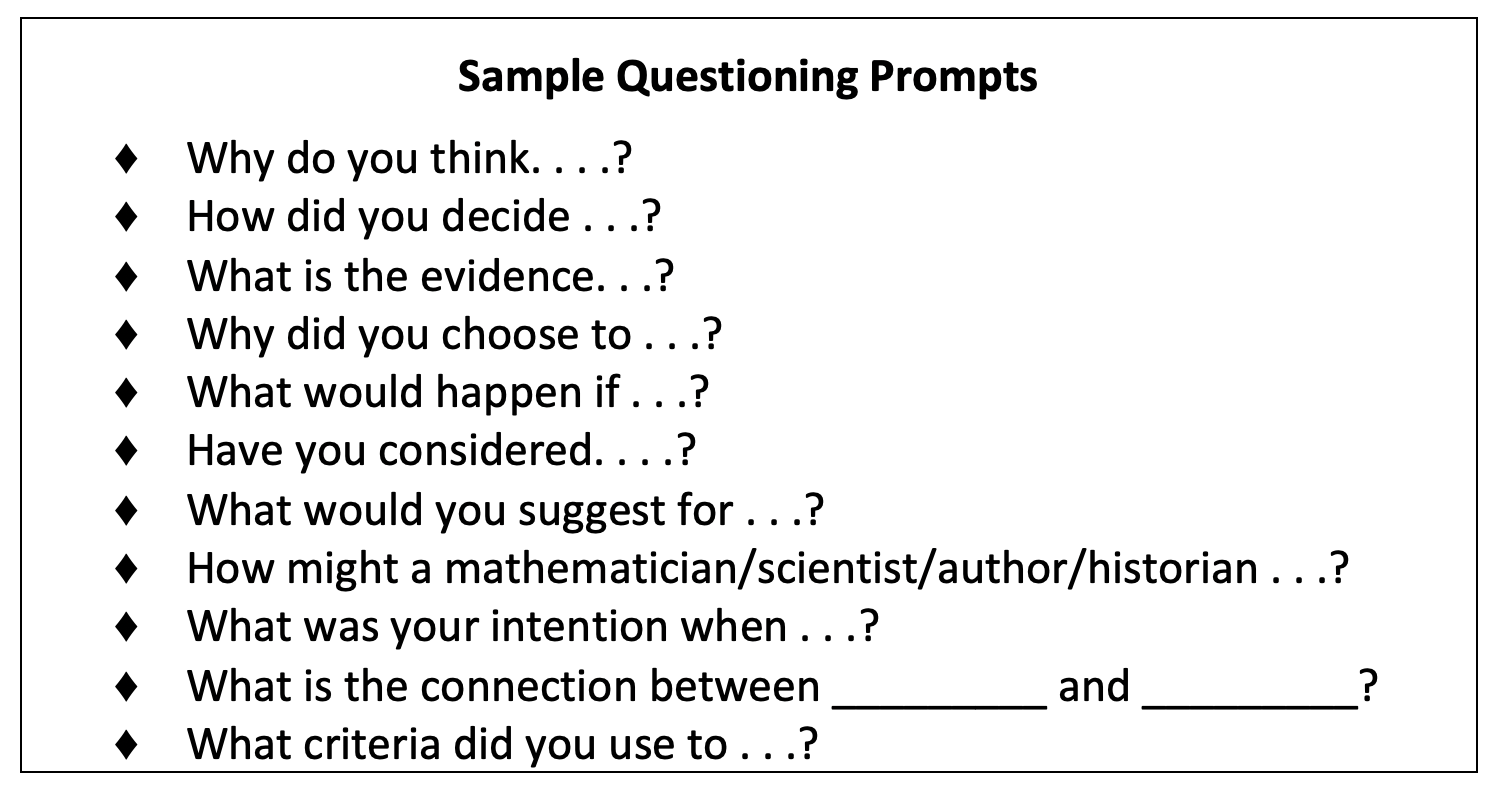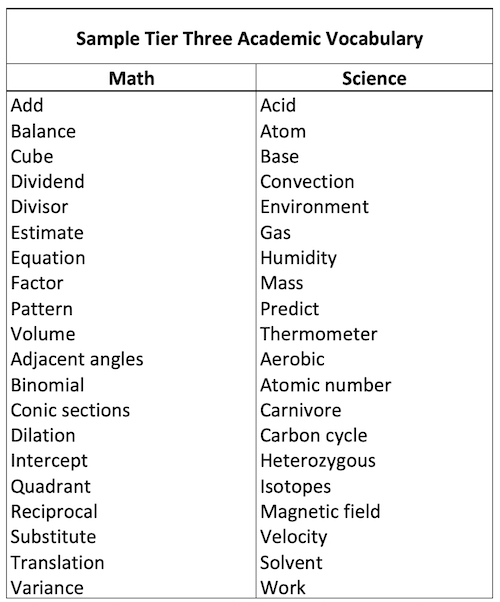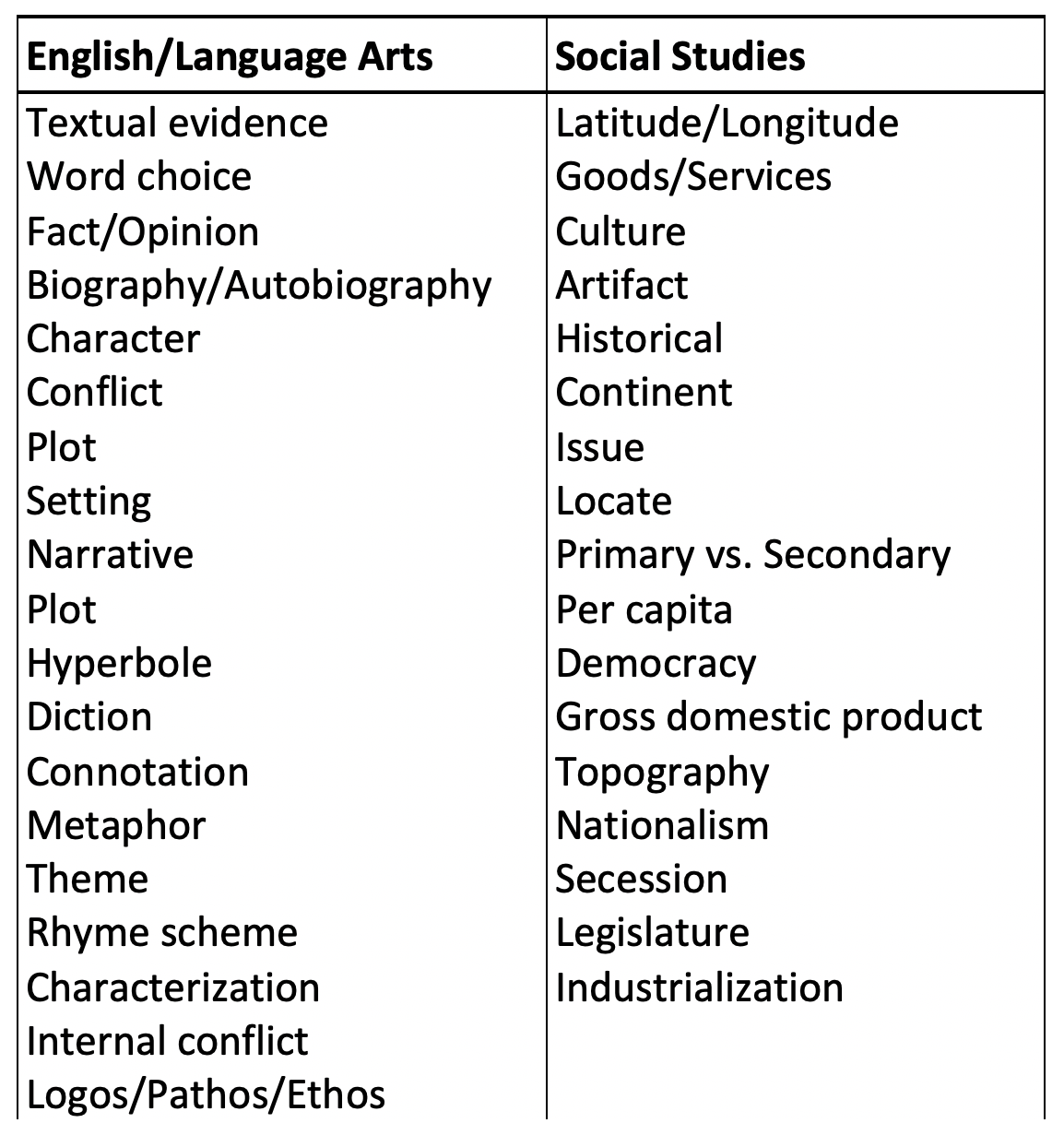Staying on Task with Meaningful Student Talk
By Barbara R. Blackburn
 When we think about traditional student talk, whether it is in response to a teacher’s question, discussion with other students, or generating questions, there are common problems.
When we think about traditional student talk, whether it is in response to a teacher’s question, discussion with other students, or generating questions, there are common problems.
Too often the discussion is controlled by the teacher, and students focus simply on answering the teacher’s question, usually at a surface level. There is often too much teacher talk, with limited student discussion, oftentimes dominated by a few kids.
In recent years the daily conversation has shifted from classroom talk and discussion to student discourse, which is also called accountable talk or academic discourse. What exactly is the difference between our traditional communication with students and this new kind of dialogue? Let’s break it down.
Academic discourse is more student- than teacher-driven. It’s focused on “on-task” talk as well as the use of academic vocabulary. In other words, not only is discourse more rigorous, it is more purposeful.
The goal is deepening understanding
Good academic discourse also focuses on a deeper understanding of content. This requires an intentional shift to higher order tasks. Here are some content-area examples of tasks that encourage academic discourse.
Supporting Student Questioning
Effective student questioning is a critical part of academic discourse. First, provide the opportunity for students to ask questions – but understand they may need assistance in crafting what Jackie Walsh (2021) calls “questions that matter.” In addition to modeling questioning for students, you may want to provide sample prompts.
Academic Vocabulary: Tiers of Vocabulary
Tiers of Vocabulary were introduced by Isabel Beck and Margaret McKeown in 1987, but the tiers have gained renewed interest recently. As the authors describe them, Tier One words are acquired through everyday speech. These words are common and are typically taught at early grades or learned through everyday use around them.
Tier Two includes academic words that appear across all texts. They may change meaning due to use and they present a challenge if experienced in text initially. Vocabulary instruction for these words typically adds to students’ understanding of the meaning and is critical for student learning. Marilee Sprenger (2021) includes words like these in her Essential 25 list. Prioritize Tier 2 words to incorporate into your instruction.
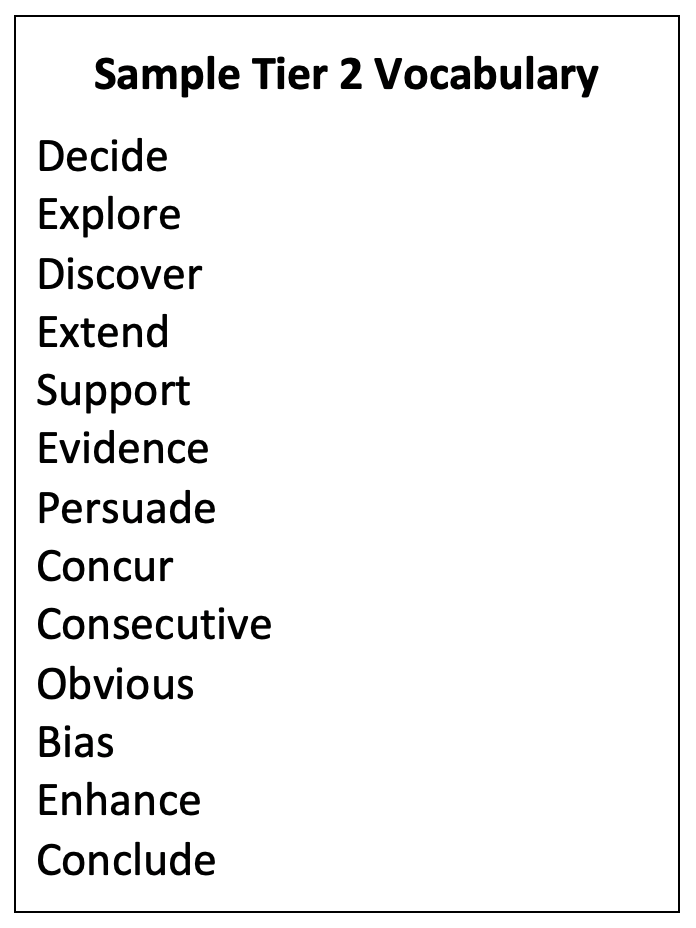
Instruction and opportunities for discourse using Tier 3 words should occur naturally within your curriculum. One particular challenge is that there are so many Tier 3 words in subject-specific units that students can be overwhelmed. You may choose to use vocabulary cards during discourse or prioritize specific words.
A Final Note
Moving students’ conversations to a more rigorous level can result in academic discourse. However, you’ll want to plan for purposeful opportunities that incorporate student questioning and academic vocabulary.
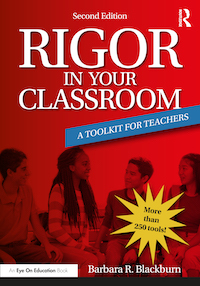
Barbara is the author of Rigor and Differentiation in the Classroom: Tools and Strategies and Rigor is NOT a Four-Letter Word from Routledge/Eye On Education. In December 2022 her latest book, Rigor in Your Classroom: A Toolkit for Teachers, will be published.

